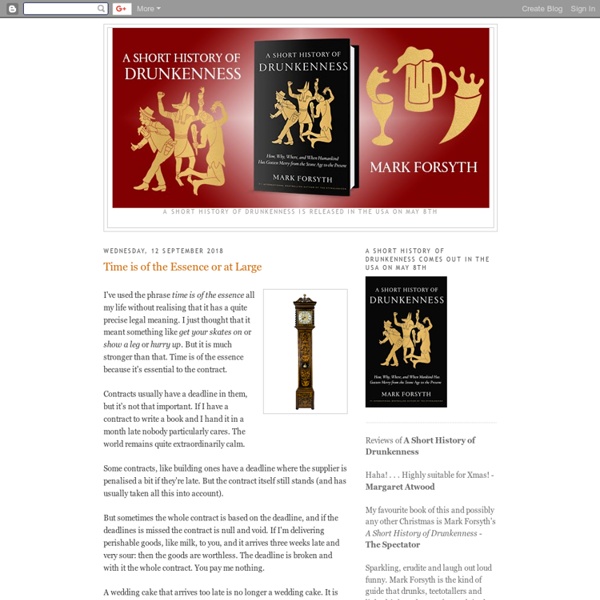



Vintage Future Google Design Inspiration. Free Resources & Tutorials - Lava360.com THING 2. Successful Seduction and the Naked Truth: Rethink Cover Design for a Small, Small World “There’s something about you, Anastasia, that calls to me on some deep level I don’t understand. It’s a siren’s call. I can’t resist you.”–Christian Grey in Fifty Shades of Grey (E.L. James)“I’m Eve in the Garden of Eden, and he’s the serpent, and I cannot resist.”–Anastasia Steele in Fifty Shades of Grey by E.L. The Siren’s Call How does the sexy billionaire mogul Christian Grey meet hapless college student Anastasia Steele? Oh, never mind. Of course, only later does Grey confess to her that she has it all backwards about the blonde beauties at the office. In other words, if you stood a bunch of blonde women in a row and threw a brunette into the mix, Christian Grey’s eye would naturally be drawn to someone he wants to spank. Uh-oh. Stop Eyeballing Me Speaking of eyes, did you know that your eyeballs are always moving? “Peripheral stimulus.” Ludicrous, you say? Look familiar? Christian? A Complete Mystery Just wanted to let you know I finally have my backlist on Kindle. “What?” See?
Tobacco & Leather Web colors Web colors are colors used in designing web pages, and the methods for describing and specifying those colors. Colors may be specified as an RGB triplet or in hexadecimal format (a hex triplet). They may also be specified according to their common English names in some cases. Web colors have an unambiguous colorimetric definition, sRGB, which relates the chromaticities of a particular phosphor set, a given transfer curve, adaptive whitepoint, and viewing conditions.[4] These have been chosen to be similar to many real-world monitors and viewing conditions, so that even without color management rendering is fairly close to the specified values. Hex triplet[edit] A hex triplet is a six-digit, three-byte hexadecimal number used in HTML, CSS, SVG, and other computing applications, to represent colors. Byte 1: red value (color type red) Byte 2: green value (color type green) Byte 3: blue value (color type blue) Shorthand hexadecimal form[edit] Converting RGB to hexadecimal[edit] Color table[edit]
WooCommerce - a free eCommerce toolkit for WordPress The that gives you to sell anything. Get started today for free. Free DownloadInstall With 14,558,529 downloads WooCommerce powers over 37% of all online stores. WooCommerce is now the most popular eCommerce platform on the web (stats from Builtwith), so you can rest assured you're in good company. Store Owners WooCommerce gives you the control to sell anything, anywhere. Read more Developers An extendable, adaptable, open-sourced platform.